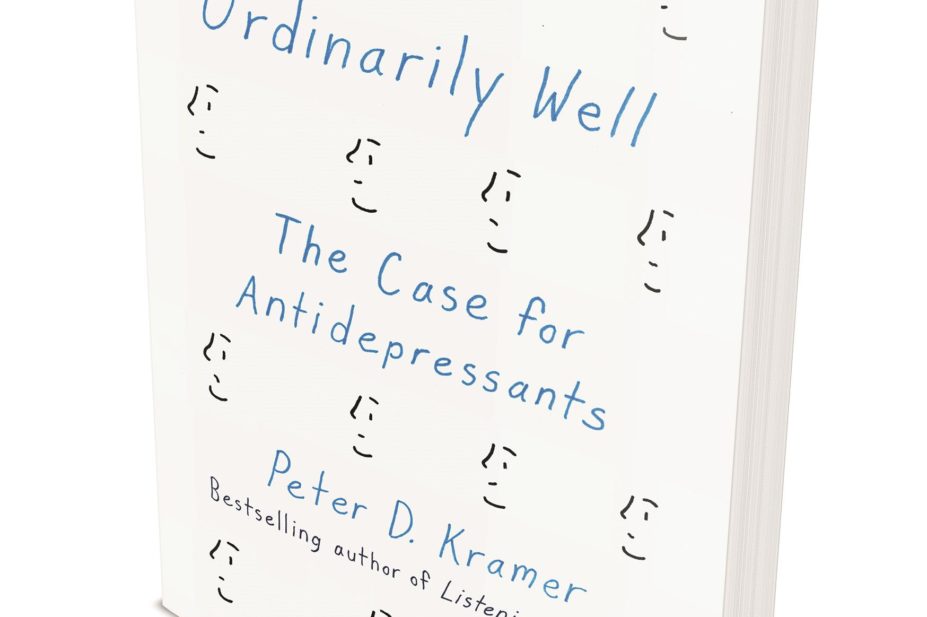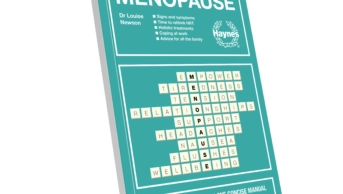
With prescriptions for antidepressants in England rising faster than any other class of drug between 2014 and 2015 (3.9 million more antidepressants dispensed), the publication of this book is well timed. Its theme is a discussion about whether antidepressants work and what place they should occupy in therapy.
American psychiatrist and author of other titles on the subject, such as Against depression and Listening to Prozac, Peter D Kramer is eminently qualified to pronounce on this subject, and he does so in a reasoned and thoughtful manner as he traces the use of antidepressants in practice and their supporting evidence, from the first use of imipramine as an antidepressant in 1956 to the present day. Named by The BMJ in 2008 as one of only around 100 “independent medical experts” that it considered unbiased commentators free from the influence of big pharma, Kramer’s opinion surely counts.
Fully referenced and citing and discussing the major studies into antidepressant use and efficacy, this book makes essential reading for students and academics in the areas of psychiatry, psychopharmacology and pharmacy. But what makes this such a compelling read is that it is largely written from Kramer’s personal experience as a practising psychiatrist and psychotherapist, describing many examples of antidepressant use in his own patients. This is not simply a scientific textbook, since Kramer’s personable writing style, his compassion for his patients and open examination of his own practices over time bring the text alive.
The fact that it takes 240 pages to answer a relatively straightforward question highlights the complexity of measuring the effects of this group of drugs. Pharmacists and clinicians will find the intricacies of designing studies to do just that particularly interesting. From recruiting representative patient samples, to designing appropriate metrics and effective control arms, many of these issues apply to the testing of all drugs. However, this book is not overly technical and has an excellent glossary so that non-healthcare professionals, particularly those who take antidepressants, will also find it interesting.
Written from within the American healthcare system, some of the issues may be less pronounced within the UK NHS, but, for example, the influence of the pharmaceutical industry and the differences of opinion between proponents of psychotherapy and advocates of drug treatment are still relevant.
At around £20 for a hardback copy, this represents a good investment for both healthcare professionals and interested patients.
References
Ordinarily well: the case for antidepressants by Peter D Kramer. Pp xxii+310 £18.80. New York: FSG; 2016. ISBN 978 0 374 28067 3


